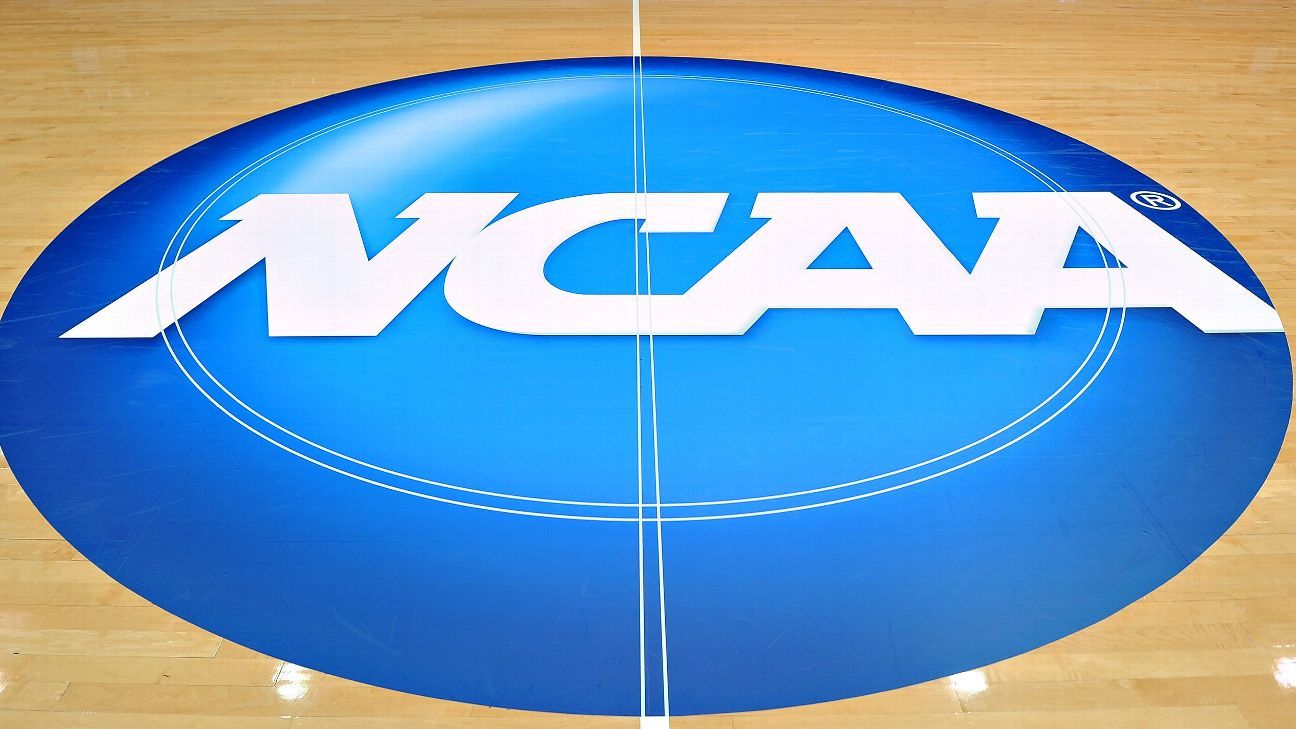
Bill would allow college athletes to form unions
College athletes would be able to form players' unions and would be considered employees of their schools if a new Congressional bill introduced Thursday morning is passed into law.
Dan Murphy
ESPN Staff Writer
College athletes would be able to form players' unions and would be considered employees of their schools if a new Congressional bill introduced Thursday morning is passed into law.
The College Athletes Right to Organize bill, co-authored by Sens. Chris Murphy, D-Conn., and Bernie Sanders, I-Vt., presents a direct challenge to the NCAA's foundational premise of amateurism. It asserts that any college athletes who are compensated by their school for their athletic ability -- whether through a scholarship or other means -- should have the right to organize and collectively bargain. A companion bill is also being introduced in the House by Reps. Jamaal Bowman (D-N.Y.), Andy Levin (D-Mich.) and Lori Trahan (D-Mass).
"Big time college sports haven't been 'amateur' for a long time, and the NCAA has long denied its players economic and bargaining rights while treating them like commodities," Murphy said in a statement Thursday morning. "...It's a civil rights issue, and a matter of basic fairness."
Murphy has pushed for aggressive NCAA reforms in Congress since March 2019 when he began publishing a series of reports questioning the multibillion-dollar business model of big-time college sports. He and Trahan have also introduced one of several Congressional bills that would guarantee college athletes' ability to make money from third-party sources by selling the rights to their names, images and likenesses (NIL). While major changes related to NIL rights are expected to redefine the way college athletes can receive compensation from third-party groups starting this summer, Thursday's bill goes a step further than almost all of the other NCAA reforms that have been pushed by federal and state lawmakers in the past year by attempting to significantly reframe the relationship between athletes and their schools.
The new bill would establish each athletic conference as a bargaining unit, giving players in those conferences the ability to organize and bargain for changes in compensation, working conditions, hours and more. The bill also includes language that would make sure the current tax status applied to sports scholarships is not changed and that being considered an employee would not create additional tax burdens or impact an athlete's federal financial aid status.
Trahan, who played volleyball at Georgetown before her time in Congress, said that the NCAA uses a system that "collects massive amounts of revenue off the backs of unpaid labor, funnels it upward, and offers no way for athletes to negotiate the compensation, safety, or playing conditions they're owed."
"It's time to finally end amateurism as we know it," she said in statement Thursday morning.
The NCAA has gradually loosened its definition of amateurism in the 21st century by allowing schools to provide more benefits to their athletes. Many of those changes, including full cost-of-attendance stipends, unlimited meals and additional education-related benefits, have been prompted by legal challenges. The organization's rule-making board will weigh another significant step in that direction in late June when it is expected to vote on proposed changes to its NIL rules. However, the 115-year-old organization has held firm, in federal court and elsewhere, to its stance that college athletes cannot be considered employees of their institutions and that a clear distinction must exist between its athletes and professionals.
The National Labor Relations Board blocked a previous attempt to unionize college players in 2015 when it dismissed a petition by Northwestern University football players to create their own union. The five-member NLRB panel said at the time that they had concerns about the instability a players' union could cause in college sports. The bill introduced Thursday would amend the National Labor Relations Act to include college athletes as employees and leave no doubt about their rights to collectively bargain.
